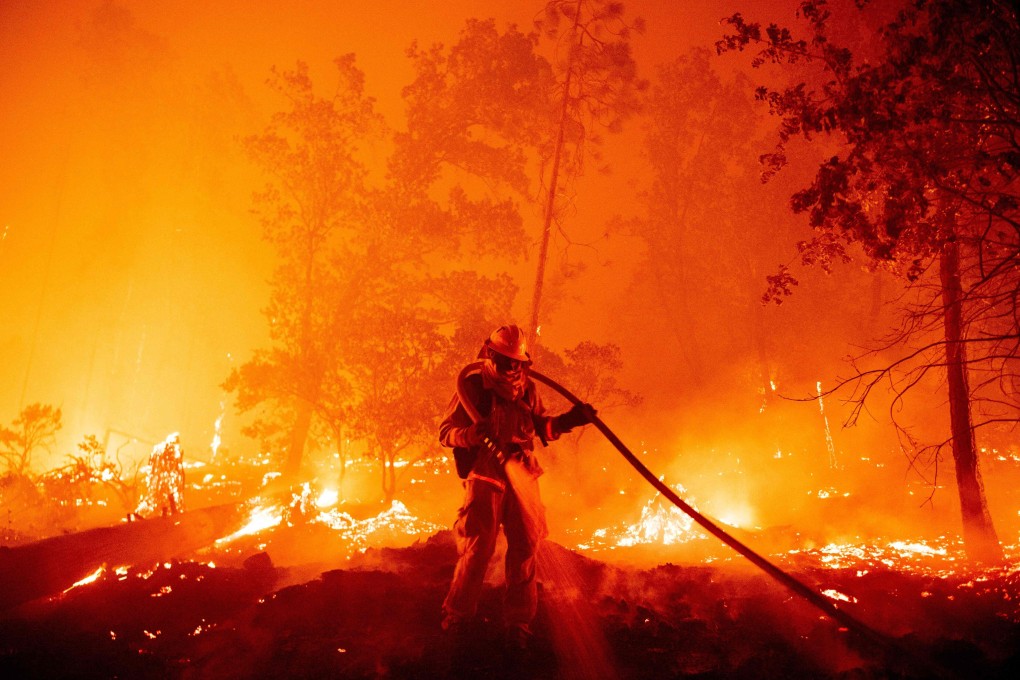Global warming: 2020 set to be one of three hottest years ever, UN says
- The UN’s World Meteorological Organization said in its provisional State of the Global Climate report that it has been an ‘extraordinary year’
- 2020 saw extreme temperatures, especially in the Arctic, as well as wildfires in places like Australia and devastating flooding in Africa and Southeast Asia

This year is on course to be one of the three warmest ever recorded and could even top the record set in 2016, the United Nations said on Wednesday.
The past six years, 2015 to 2020, are set to make up all six of the hottest years since modern records began in 1850, the UN’s World Meteorological Organization said in its provisional 2020 State of the Global Climate report.
“2020 has, unfortunately, been yet another extraordinary year for our climate,” said WMO secretary general Petteri Taalas.
“The average global temperature in 2020 is set to be about 1.2C above the pre-industrial level,” said Taalas. “There is at least a one in five chance of it temporarily exceeding 1.5C by 2024.”

04:18
Hong Kong’s 11-year-old climate activist on a mission to urge adults help save future generations
UN Secretary-General Antonio Guterres on Wednesday denounced a “suicidal” failure to combat global warming and said recovery from the Covid-19 pandemic could be humanity’s chance for a reset to save the planet.